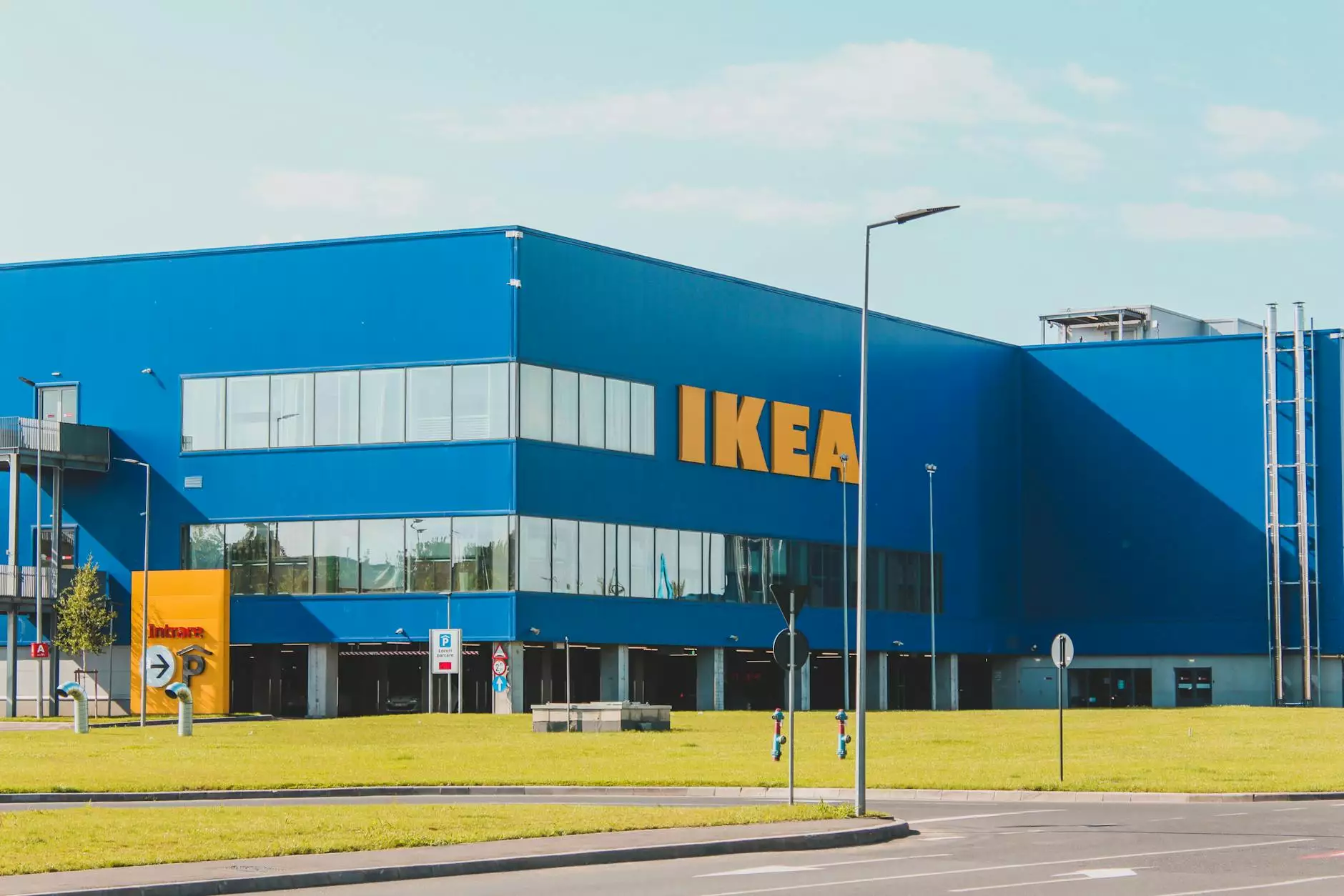The Impact of Social Media in B2B Business

When it comes to running a successful business in today's digital age, the role of social media can never be overstated. In the realm of B2B (business-to-business) operations, leveraging social media effectively can make a significant difference in enhancing brand visibility, fostering relationships, and driving growth. At Ruess Group, a prominent player in the Hotels & Travel and Transportation industries, harnessing the power of social media has become a cornerstone of their marketing strategy.
Why Social Media Matters for B2B Businesses
Social media platforms provide B2B businesses with a unique opportunity to connect with their target audience on a more personal level. By engaging with potential clients and industry partners through channels such as LinkedIn, Twitter, and Facebook, businesses can showcase their expertise, share industry insights, and build credibility in their respective niches. The ability to humanize the brand and communicate directly with stakeholders sets social media apart as a powerful tool for fostering trust and loyalty.
Driving Engagement and Lead Generation
For businesses operating in the Hotels & Travel and Transportation sectors, social media serves as a dynamic platform for driving engagement and generating leads. By creating compelling content that resonates with their audience, Ruess Group can attract potential customers, showcase their services, and highlight their unique value proposition. From sharing captivating visuals of luxurious hotel properties to offering exclusive transportation deals, social media allows Ruess Group to stay top-of-mind with their target market.
Building Relationships and Partnerships
In the B2B landscape, building strong relationships and strategic partnerships is key to long-term success. Social media facilitates networking opportunities, enabling Ruess Group to reach out to industry peers, collaborate on joint projects, and explore new business ventures. By actively engaging with other players in the Hotels & Travel and Transportation industries, Ruess Group can expand their reach, share best practices, and stay ahead of market trends.
Measuring Success Through Analytics
One of the advantages of integrating social media into the business strategy is the ability to track and measure performance through analytics. By leveraging tools such as Google Analytics and social media insights, Ruess Group can gain valuable data on the effectiveness of their campaigns, audience demographics, and engagement metrics. This data-driven approach allows them to refine their strategies, optimize their content, and maximize their ROI on social media initiatives.
Staying Ahead of the Competition
In a competitive market landscape, staying ahead of the competition is paramount for B2B businesses like Ruess Group. By maintaining an active presence on social media, consistently sharing valuable content, and engaging with their audience, Ruess Group can differentiate themselves from competitors and position themselves as industry leaders. Through thought leadership, innovation, and strategic storytelling, Ruess Group can carve out a unique space in the digital sphere.
Conclusion
As the digital landscape continues to evolve, the importance of social media in B2B business cannot be ignored. For Hotels & Travel and Transportation companies like Ruess Group, social media offers a powerful platform to connect with clients, drive engagement, and stay competitive in the market. By leveraging social media effectively, Ruess Group can enhance their online presence, build lasting relationships, and drive growth in their respective industries.
social media im b2b








